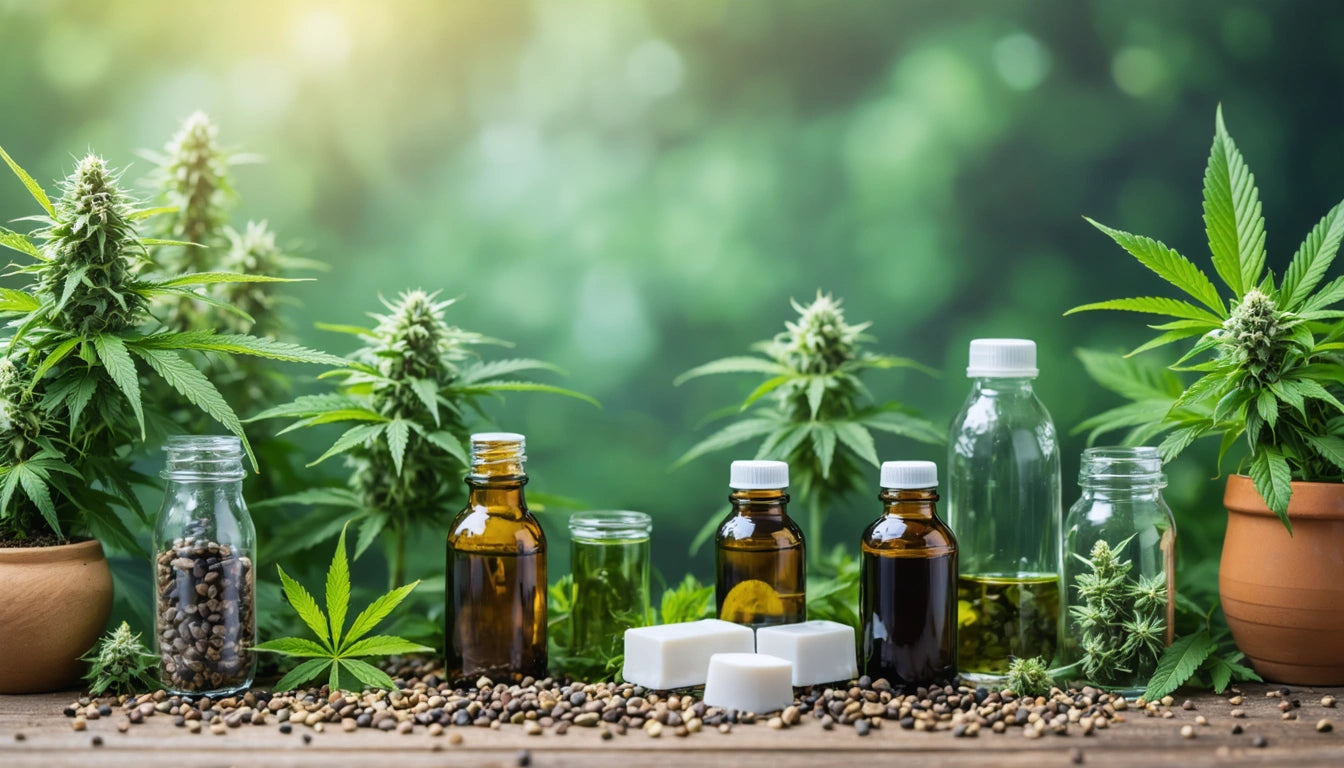Table of Contents
Cannabis consumption has increased significantly as legalization spreads across states and countries. With this rise comes important questions about safety, particularly whether cannabis can cause a fatal overdose. Understanding the difference between a true overdose and overconsumption is crucial for both new and experienced users.
Cannabis Overdose Facts: What Science Tells Us
According to current medical research, a fatal overdose from cannabis alone has not been documented. This is primarily because cannabinoid receptors, unlike opioid receptors, are not located in the brainstem areas controlling respiration. Therefore, even extremely high doses of THC do not suppress breathing to the point of death.
The National Institute on Drug Abuse (NIDA) confirms that there are no reports of teens or adults dying solely from cannabis use. However, this doesn't mean cannabis consumption is without risks or adverse effects, especially at high doses.
Cannabis Overconsumption: Recognizing the Symptoms
While a lethal overdose is unlikely, overconsumption of cannabis can lead to extremely unpleasant and potentially dangerous situations. Symptoms of cannabis overconsumption include:
- Extreme anxiety or paranoia
- Panic attacks
- Rapid heart rate
- Increased blood pressure
- Severe disorientation
- Hallucinations or delusions
- Nausea and vomiting
- Psychomotor impairment
These symptoms can be particularly concerning for individuals with pre-existing cardiovascular conditions or mental health disorders. If you're experiencing these symptoms, here's what to do if you get too high.
Risk Factors That Increase Adverse Reactions
Potency Variations
Modern cannabis products can contain extremely high THC concentrations, sometimes exceeding 30% in flower and 90% in concentrates. This increased potency significantly raises the risk of overconsumption, especially for inexperienced users or those returning to cannabis after a long break.
Consumption Method
The method of consumption greatly affects how quickly and intensely cannabis affects the body. Edibles, in particular, pose higher risks because:
- Effects are delayed (30 minutes to 2 hours)
- Duration is longer (6-8 hours versus 1-3 hours for inhalation)
- Dosing is more difficult to control
- The liver converts THC to 11-hydroxy-THC, which is more potent
For precise dosing, many consumers use accurate digital scales to measure their cannabis, especially when preparing homemade edibles or dividing concentrates into appropriate portions.
Individual Factors
Several personal factors can influence how cannabis affects an individual:
- Tolerance level
- Body weight and metabolism
- Experience with cannabis
- Pre-existing medical conditions
- Medications that might interact with cannabis
- Genetic factors affecting cannabinoid metabolism
Understanding the right cannabis dosage for beginners is essential for avoiding negative experiences.
Managing Cannabis Overconsumption
If you or someone you know has consumed too much cannabis, here are steps to manage the situation:
- Stay hydrated with water
- Move to a calm, comfortable environment
- Use reassuring language and remain calm
- Try black pepper (contains terpenes that may counteract THC effects)
- Consider CBD, which may mitigate some THC effects
- Focus on controlled breathing
- Seek medical attention if symptoms are severe or concerning
Most cannabis overconsumption episodes resolve within hours without lasting effects. However, in cases involving extremely high doses, pre-existing conditions, or when combined with other substances, medical supervision may be necessary.
Responsible Consumption Practices
To minimize the risk of overconsumption, follow these guidelines:
- Start with low doses and go slow ("start low, go slow")
- Wait at least 2 hours before consuming more edibles
- Be aware of product potency by checking labels
- Avoid mixing cannabis with alcohol or other drugs
- Use in safe, familiar environments with trusted people
- Never drive or operate machinery after consuming cannabis
- Store products properly to maintain potency and prevent accidental consumption
Understanding the difference between THC and CBD can also help users make more informed choices about which products might be right for them.
Safety Recommendations for Cannabis Users
Cannabis consumption, while generally considered to have a high safety profile compared to many substances, still requires responsible use. Educating yourself about cannabis tolerance and how long a cannabis high lasts helps build a foundation for safer consumption.
For medical cannabis patients, discussing cannabis use with your doctor is essential to avoid potential drug interactions and to integrate cannabis properly into your treatment plan.
Remember that while a fatal overdose from cannabis alone is extremely unlikely, this doesn't mean cannabis is risk-free. Understanding your own tolerance, respecting the potency of modern cannabis products, and consuming responsibly are key to a positive experience with this complex plant.











Leave a comment
All comments are moderated before being published.
This site is protected by hCaptcha and the hCaptcha Privacy Policy and Terms of Service apply.